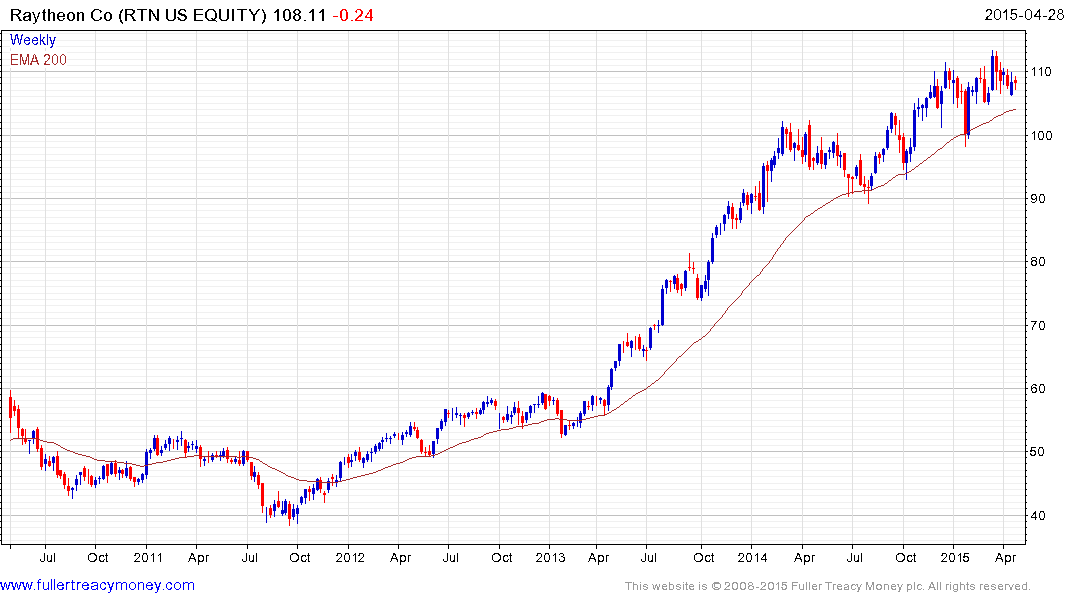Takeaways from RSA 2015; Next Generation Threats Putting Jet Fuel in the Cybersecurity Engine for 2015/2016
Thanks to a subscriber for this note from FBR Capital Markets which may be of interest to subscribers. Here is a section:
This week, we attended the RSA Conference 2015 in San Francisco where hundreds of cybersecurity vendors (and tens of thousands of attendees) were present, with the core focus being the next generation threat environment. Coupled with data points in the field in recent months and solid 1Q earnings results so far, our conversations at the RSA conference this week have left us incrementally positive on the next-generation cybersecurity space as a whole. Security vendors of all shapes and sizes are seeing massive demand in the field, given a sense of urgency at the enterprise to upgrade legacy systems in order to protect against network vulnerabilities and avoid the reputational damage of becoming another high-profile attack (e.g., Anthem, Sony, JPMorgan, etc.). To this point, we picked up data points indicating a likely discernible step-up in cybersecurity budgets and potential deal sizes, as our conversations with key enterprise and government IT decision makers (CIOs, etc.) indicate they plan to increase security spending by an estimated ~28% in 2015. One CISO from a large Fortune 100 financial organization told us, "I came here to RSA with double the security budget I had last year to figure out how we can finally protect our network and cloud infrastructure. Our CEO wants me to call him tonight with an update." With enterprise and government customers seeing a massive uptick in threats, malware, and attacks on networks, we are seeing a clear changing of the mindset. Many CIOs have focused significantly more resources toward this "epidemic," as one IT product manager from Europe told us. Overall, we come away from the RSA Conference increasingly confident in the advanced security software space, as we believe next-generation cybersecurity spending is "white hot" as the spotlight on these technologies appears to be accelerating focus on protecting the enterprise/cloud/ big data and leading CIOs to spend in this high-priority area.
Here is a link to the full report.
When the President of the United States’ personal email is hacked we can conclude the situation is serious. This follows high profile events that cost companies fortunes as well damage to their reputations and hackers even averted the opening of a movie. It is reasonable to assume that companies will be boosting their defences.
The government and corporations will need to increase spending to help avoid the threats that exist today. However these threats are constantly evolving so the growth of the security sector represents a major development theme within the technology sector.
Lest we think that this is simply an issue for large organisations, I was talking to the owner of a lighting company in Los Angeles recently whose computers were hijacked by a hacking group in Europe in 2013. They demanded a ransom to give him back access and when he did not pay in time, he lost access to his invoice system which eventually cost the business hundreds of thousands of Dollars. In fact smaller companies are probably more susceptible since they do not have the same budgets as larger companies.
In any aggressive situation it is only a matter of time before victims seek to strike back. After all “the best defence is a good offense” is a popular maxim for many organisations. As a result the growth of offensive strategies in the cyber security sector is inevitable. There is some evidence that the USA has already deployed such strategies which means that if one is looking for an arena where there could be a future arms race the cyber security sector represents a promising candidate. This article from the New York Times carries additional commentary on the growth of this particular portion of the sector. http://www.nytimes.com/2015/04/28/opinion/preparing-for-warfare-in-cyberspace.html

I reviewed a number of the cyber security companies last week but defence companies represent an additional consideration not least since Raytheon acquired Websense in 2013. The share has lost momentum somewhat over the last year and will need to continue to find support in the region of the 200-day MA if medium-term scope for additional higher to lateral ranging is to be given the benefit of the doubt.
Back to top


